Astute historians caution us about applying modern sensitivities to past cultures. For instance, we should not condemn the Roman Empire for its warlike proclivities, its version of slavery, and the gladiator games as well as many other aspects of the Empire we today find objectionable. We probably should even be hesitant about condemning the Romans for martyring Christians. Simply put, the Romans in these and many other circumstances acted in thorough compliance with accepted precepts of the Empire, and its religious and cultural mores; but, we shouldn’t glorify past behavior that we find objectionable today.
George Santayanaa philosopher, essayist, poet, and novelist who lived from the mid-19th century into the mid-20th century taught that “those who cannot remember the past are condemned to repeat it.” Without necessarily condemning past cultures for immoralities we would not accept today, we must guard against at our peril repeating those failures in our present time. The horrific massacre at the Emanuel African Methodist Episcopal Church in Charleston, SC, and the cultural phenomena among many white citizens leading to, and resulting from, the senseless attack provide pertinent examples of the peril to our society because some of us cannot faithfully remember the past.
The Cornerstone Speech
Cornerstone has two interlocking definitions: (1) A stone that forms the base of a corner of a building upon which the structure is constructed in a plumb fashion and (2) An important quality or feature on which a particular thing depends or is based.
Alexander Stephens, the Vice-President of the Confederacy, delivered a two-hour oration in Savannah, GA, on Mar 21, 1861. This tour de force occurred a few weeks before Confederate forces began the Civil War (or Southern Insurrection / Rebellion / Revolution) by firing on the US Army at Fort Sumter, SC. Vice-President Stephens explained the fundamental differences between the “new” Confederate and “old” US Constitutions, and he enunciated many purported deficiencies in the US Constitution and grievances the Confederacy held against the duly constituted US government. Some of these grievances had degrees of merit, e.g., tariffs on raw materials and manufactured products exported into the primarily agricultural southern states. At that time long before income taxes tariffs constituted an important source of revenue for the Federal government and often were highly resented.
More importantly, this oration became known as the Cornerstone Speech because of Stephens’ assertion comparing the US and Confederate Constitutions: Our new Government is founded upon exactly the opposite ideas; its foundations are laid, its cornerstone rests, upon the great truth that the negro is not equal to the white man; that slavery, subordination to the superior race, is his natural and normal condition.
Stephens further insisted: The new Constitution has put at rest forever all the agitating questions relating to our peculiar institutions—African slavery as it exists among us—the proper status of the negro in our form of civilization. This was the immediate cause of the late rupture and present revolution.
We can be confident that Vice-President Stephens thoroughly understood the primary cause of the southern revolution and believed that slavery was a fundamental quality of the Confederacy. Accordingly, when I hear people maintain the Civil War was not about slavery but was instead about states’ rights, I think to myself and sometimes speak out to the effect that slavery was the primary states’ right under contention; hence, following along with Vice-President Stephens, slavery was inescapably the primary cause of the conflict. Somehow, in the minds of all too many people, this historical fact has been either overlooked or willfully obfuscated.
Southern Bravery
Union and Confederate forces exemplified many feats of valor on the battlefield. I have no empathy with persons who maintain, as has happened after the events in Charleston, that the Confederate battle flag symbolizes the honor and bravery of valiant ancestors fighting for the “noble” cause of states’ rights. Even so, I will not apply modern sensitivities abhorring slavery to persons who fought for the Confederacy, nor do I discount their bravery. However, I strenuously object to any attempt to sugarcoat the contention that the Civil War was not primarily about slavery.
We should keep in mind that honoring ancestral bravery for an ignoble cause by today’s standards carries a great inconsistency: How many of us honor the bravery of Nazi soldiers who were members of Waffen SS units or who served as concentration camp guards? Further, how many of us would honor the bravery of the 9/11 terrorists who flew airliners into the Twin Towers? After all, the Nazis and the 9/11 terrorists believed in their government and religion.
In summary, therefore, can we honestly separate bravery from pursuit of an ignoble cause, such as slavery?
Confederate Symbols
My thought on the linkage between erroneous concepts of the Confederacy and modern expressions of racism throughout the US, but especially in the South, must await another post. We should, however, rethink the idea of flying the Confederate battle flag and displaying other Confederate symbols on public properties, including state capital buildings and grounds, and vehicle license plates. A large proportion of our citizenry black and white associate these symbols with modern expressions of racism. Such governmental Confederate symbols, therefore, should be expeditiously and gracefully removed.
I am an advocate of almost unrestricted freedom of speech; accordingly, if people wish to plaster Confederate symbols all over their vehicles and fly the Confederate Battle Flag on their private properties, I say Laissez les bon temps roulez (Let the good times roll.): I and many other like-minded persons will continue to laugh at such symbols and pity the people who display them, which is our right of free speech. In my better moments when under the influence of my better angels, I might even pray that the Holy Spirit will act upon today’s Confederate sympathizers to bring them to modern sensibilities.
If you enjoyed reading this blog post, please consider purchasing my novel, Comfort and Affliction on Amazon or Barnes & Noble.
Sign Up to Receive Notifications of New Blog Posts via Email:
[mc4wp_form]
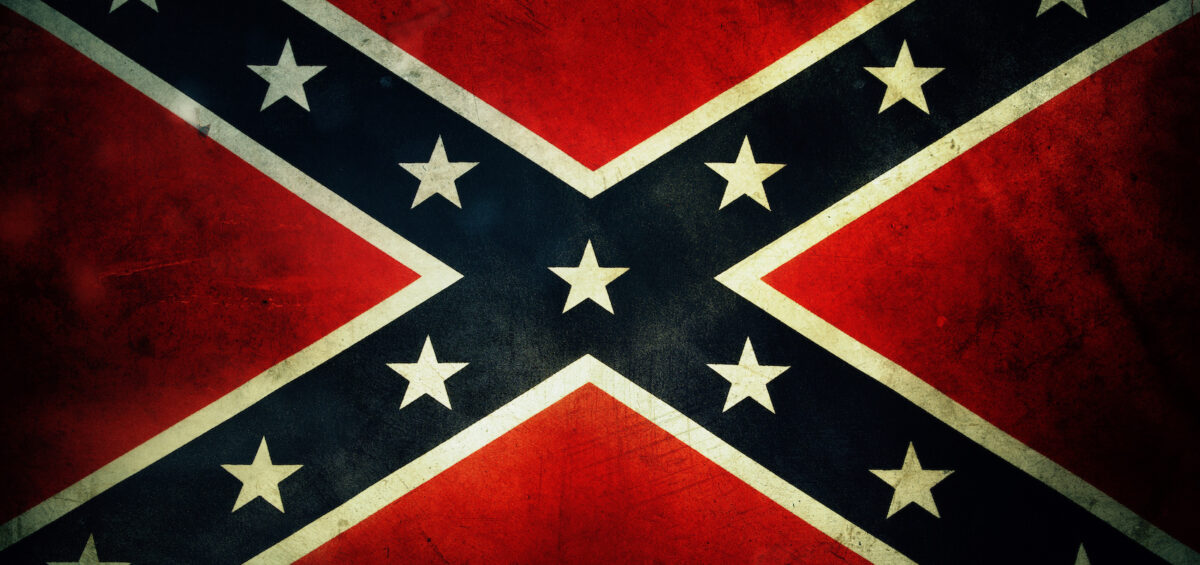
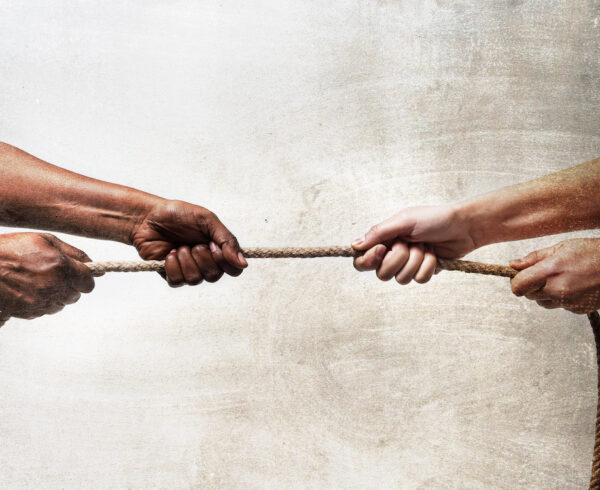


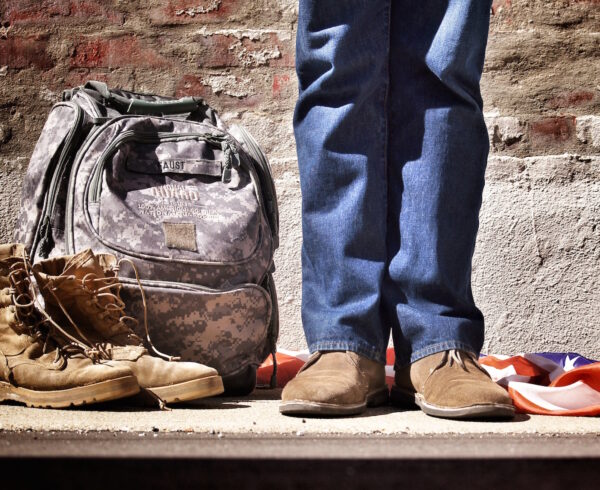
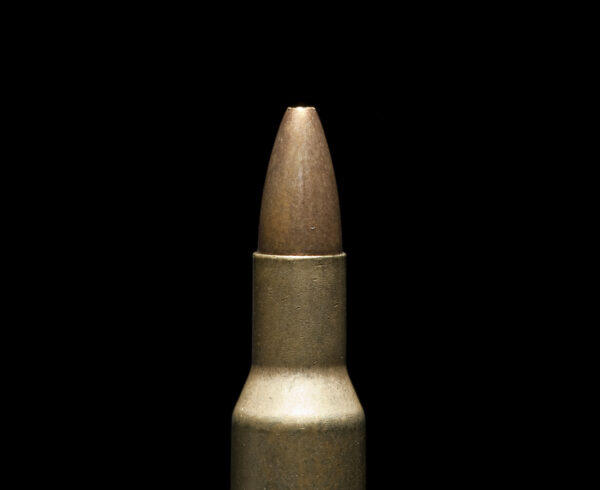
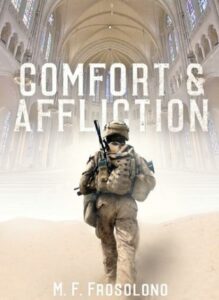

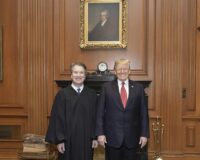


Very well stated, Mike. I can remember, in 4th grade, swearing with my classmates that we would never travel north of the Mason-Dixon line. The next year, our schools were integrated, and those same classmates were kept at home by their white supremacist parents, in protest of our government’s mandate to change. My parents sent me to school. I was one of about 3 other white children in a class of 60 or so, and I learned what it is like to be in the minority, even though my soon-to-be black friends never treated me as anything other than a potential friend. I eventually came to recognize the ignorance of my earlier oath and began a struggle with my southern familial heritage and their sins against humanity. I am still an outsider in much of my extended family for my views about race, but their views will one day die out, I hope. Now, if I can get them started on homophobia, too..
I grew up in a border state (Kentucky) which was deeply divided. The Ohio River Valley and the Appalachian Mountain region were strongly pro-Union, but there was a segment of the western part of the state, centered around Bowling Green, that was strongly pro-Confederacy. Kentucky was fortunate that there was only one major battle – Perryville – on its territory, and both sides were so convinced that they had lost the battle that both sides retreated. Don Carlos Buell and the Union forces retreated to Louisville to defend that major port city from an invasion that never came, and Braxton Brag retreated to Tennessee to preserve his troops. The Confederates never again tried to invade Kentucky.
Louisville was the first Southern city to fully integrate its schools in 1956, and since I did not start school until 1957, I never knew anything but integration. I do remember seeing signs for “White” and “Colored” water fountains and rest rooms in the downtown department stores, but no one paid any attention to them by the time I was old enough to read.
I think the Confederate battle flag, which was never an official flag of the Confederate States of America, was always a poor choice to be a symbol of Southern pride. I could almost accept one of the three official flags of the CSA, but I am not comfortable with that either, since, as Alexander Stephens made perfectly clear, the primary reason the CSA was formed was to preserve the institution of slavery. The battle flag was never a symbol of anything other than insurrection and treason.
If the Confederacy was about states rights, then why did South Carolina secede before the Republican controlled congress was sworn in and six other states (Mississippi, Florida, Alabama, Georgia, Louisiana, and Texas) secede before Lincoln was even inaugurated rather than working within the federal framework to stand their ground? Even though the Republicans (and one has to remember that the Republicans of the 1860s are the Democrats of today, and vice versa – that transformation started when Taft’s supporters drove Teddy Roosevelt and the rest of the progressives out of the Republican party and was pretty much complete, with the exception of the liberal Republican holdouts in New England, shortly after Lyndon Johnson signed the Civil Rights Act of 1964 and Richard Nixon adopted states rights as a campaign platform in 1968) controlled both houses of congress and the presidency, there was no way that slavery could have been abolished in the 1860s. The slave states still had enough votes in the senate to block anything with which they disagreed. States rights, southern heritage, and ultimately secession were always about preserving the institution of slavery.
As soon as the war was lost, the KKK picked up the Confederate battle flag and carried on with the Southern tradition of disenfranchising the newly created Black citizens. This transformed the battle flag from a symbol of insurrection and treason to a symbol of bigotry. The battle flag can never be viewed in a positive light.
Thanks, Ron. My blog post before this one recounted some of the same difficulties I had with my family, especially my father, because I realized the past and present evils of segregation. I think we’ll face some of the same problems with homophobia if SCOTUS rules in favor of same sex marriage: The legal system may be on our side much like with segregation; but, large numbers of people will continue their opposition to LGBTQ people and in particular to same sex marriage.